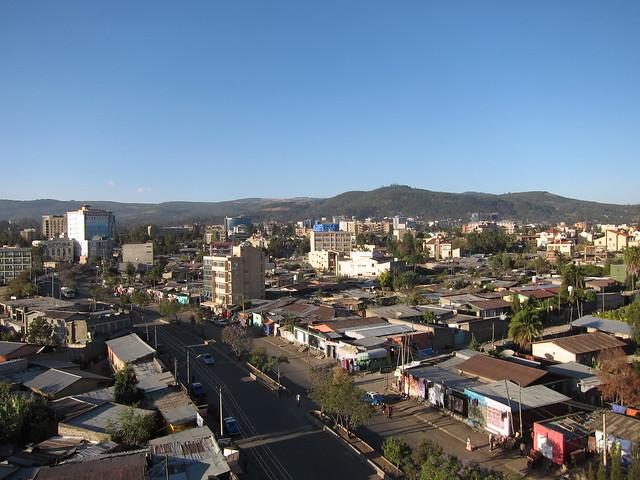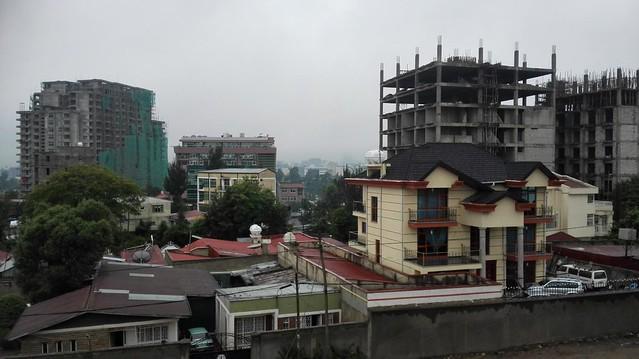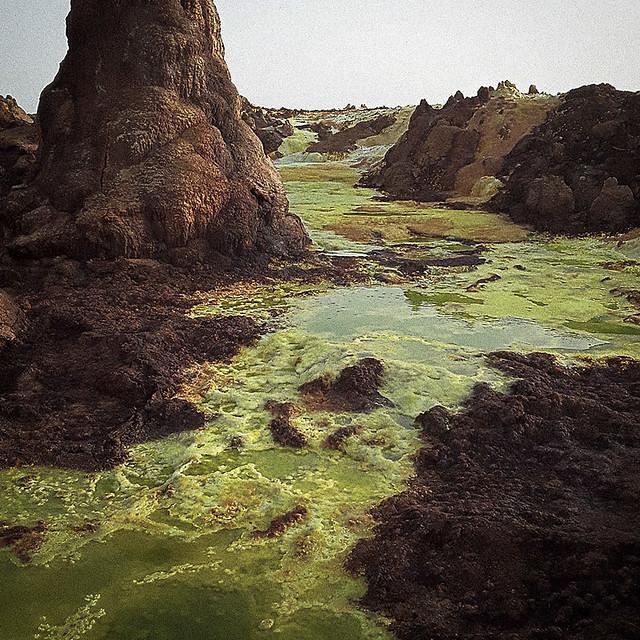Addis Ababa
Overview
Historical Significance
Addis Ababa, the capital city of Ethiopia, is a vibrant tapestry of history and culture that dates back to its founding in 1886 by Emperor Menelik II. As you wander through the city, you will encounter a multitude of historical landmarks that tell the story of Ethiopia’s rich past. One of the most significant sites is the National Museum of Ethiopia, home to the famous fossilized remains of Lucy, one of the oldest hominids ever discovered. This museum provides an insightful glimpse into Ethiopia's ancient civilizations, showcasing artifacts that reflect the country’s long and complex history.
Another notable landmark is the Holy Trinity Cathedral, an exquisite example of Ethiopian Orthodox architecture. The cathedral is not only a place of worship but also serves as the final resting place of Emperor Haile Selassie and other prominent figures in Ethiopian history. The intricate stained glass windows and beautifully crafted interiors offer visitors a serene atmosphere steeped in spirituality and history.
Cultural Atmosphere
The culture of Addis Ababa is a melting pot that reflects the diverse ethnic groups and traditions of Ethiopia. The city is known for its warm hospitality, and you will often find locals eager to share their customs and stories with visitors. The vibrant markets, such as the Merkato, one of the largest open-air markets in Africa, are bustling with activity and provide a sensory overload of colors, sounds, and aromas. Here, you can find everything from local spices and handmade crafts to traditional clothing and fresh produce.
Music and dance are integral to Ethiopian culture, with the sounds of traditional instruments like the krar and masenqo filling the air. Traditional Ethiopian music often accompanies the famous eskista dance, characterized by intricate shoulder movements. Make sure to experience a live performance at one of the local cultural venues or restaurants, where you can also enjoy Ethiopia’s renowned cuisine, including dishes like injera and doro wat.
Local Characteristics
Addis Ababa is situated at an altitude of over 2,300 meters, which gives the city a unique climate compared to other regions in Ethiopia. The cool, temperate weather makes it a pleasant destination year-round. The city's landscape is dotted with lush green hills and beautiful parks, such as the Entoto Park, where you can escape the urban hustle and enjoy panoramic views of the city and surrounding mountains.
As a hub for diplomacy and international organizations, Addis Ababa is often referred to as the "Political Capital of Africa." The presence of the African Union and various non-governmental organizations reflects the city’s significance on the continental stage. This blend of local life and international influence creates a unique atmosphere where traditional Ethiopian values coexist with a cosmopolitan vibe.
Getting Around and Practical Tips
Navigating Addis Ababa can be an adventure in itself. The city has a growing public transportation system, including a light rail that connects major areas, but many travelers prefer to use taxis or ride-sharing apps for convenience. Be prepared for varying traffic conditions, which can be quite congested at times.
When visiting, it’s advisable to dress modestly, especially when visiting religious sites. Learning a few basic phrases in Amharic, the official language, can enhance your interactions with locals. Don’t forget to try a traditional coffee ceremony, a significant cultural ritual in Ethiopia that showcases the country's rich coffee heritage. This experience is not only about enjoying a cup of coffee; it's an invitation into the heart of Ethiopian hospitality and tradition.
How It Becomes to This
History not available

You May Like
Explore other interesting states in Ethiopia
Discover More Area
Delve into more destinations within this state and uncover hidden gems.










